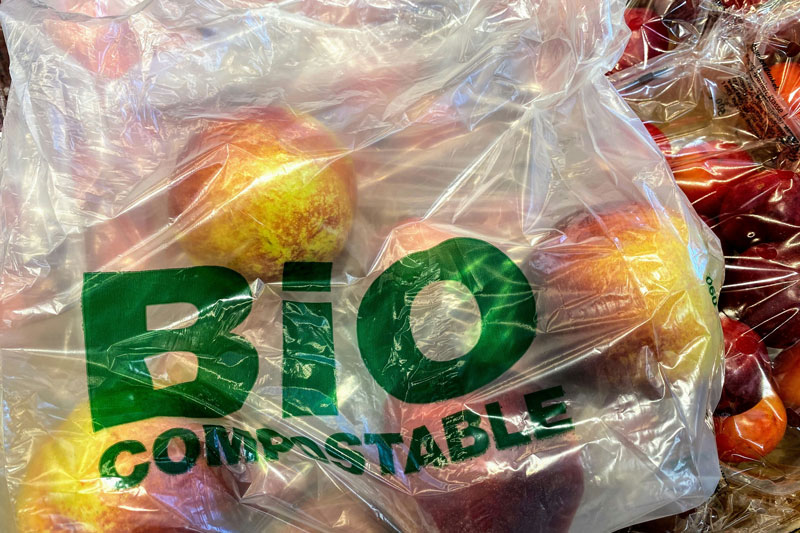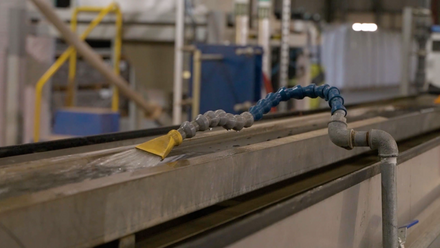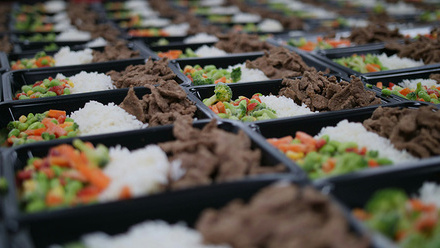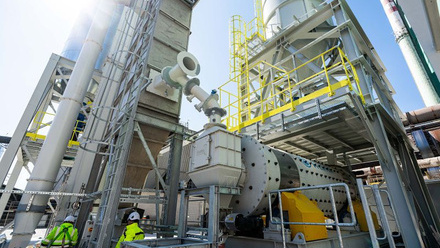Lack of strategy hinders uptake of bio-based, biodegradable and compostable materials
The barriers to commercialisation of bio-based, biodegradable and compostable materials (BB-materials) are investigated.

The nascent nature of BB-materials means there is also limited scientific data and evidence for robust development of regulations.
The project was carried out by the Bio-based and Biodegradable Industries Association (BBIA), Green Rose Chemistry and the University of Sheffield, UK.
They engaged with 186 individuals and 102 organisations and identified the following roadblocks to BB-materials commercialisation:
- Cost of bio-based is higher compared to oil and gas. This is due to subsidies in the latter as well as feedstock costs and limited economies of scale.
- Challenges in maintaining performance such as inconsistent performance compared to traditional materials.
- Technical issues include difficulty in achieving specific material properties.
- Technological gaps hinder scaling up production processes.
- Regulatory issues such as misapplication of the Waste Hierarchy, lack of standardised certification and labelling systems, and complex approval processes.
- Supply chain integration requires collaboration across different sectors.
- Feedstock availability and sustainability vary by region and season.
- Market acceptance and consumer awareness is limited, leading to misconceptions about performance and environmental benefits.
- Environmental impact uncertainties due to lack of methodological guidelines and comprehensive lifecycle assessments.
- Infrastructure and end-of-life management is lacking due to simpler recycling guidelines, lack of widespread composting infrastructure.
Around 88% of chemicals and plastics are made from virgin fossil resources, and petrochemical production is increasing despite a push toward net-zero. BB-materials are billed as an alternative.







